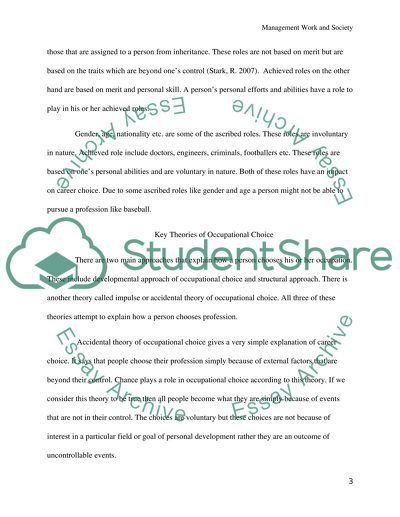Cite this document
(“Management Work and Society Research Paper Example | Topics and Well Written Essays - 3000 words”, n.d.)
Retrieved from https://studentshare.org/family-consumer-science/1408143-management-work-and-society
Retrieved from https://studentshare.org/family-consumer-science/1408143-management-work-and-society
(Management Work and Society Research Paper Example | Topics and Well Written Essays - 3000 Words)
https://studentshare.org/family-consumer-science/1408143-management-work-and-society.
https://studentshare.org/family-consumer-science/1408143-management-work-and-society.
“Management Work and Society Research Paper Example | Topics and Well Written Essays - 3000 Words”, n.d. https://studentshare.org/family-consumer-science/1408143-management-work-and-society.


